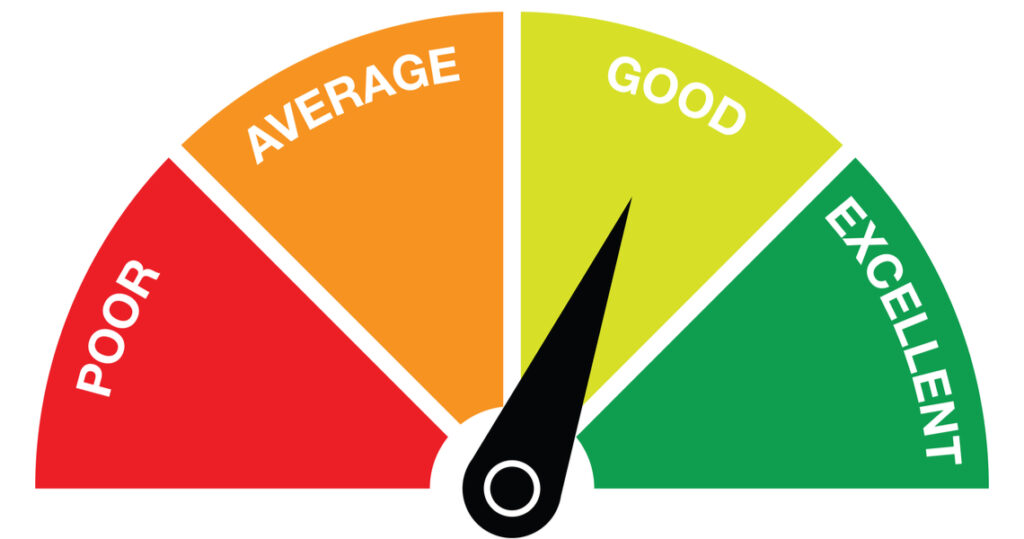A good credit score is a financial parameter through which the lenders decide whether you are worthy of giving the loans or not or whether you can be trusted or not. You have no idea how far credit scores can affect your life. Well, an average Canadian who just carries some level of debt would be surprised to know that the three-digit of credit score could mean a lot to you.

What is Credit Score?
The credit score is basically a three-digit number ranging from 300 to 900, which shows your credit history. The credit score is calculated through the information contained in your credit report and is a kind of measure of your credit worthiness. Even Some jobs check your credit scores as well. Therefore, it is crucial for everyone to maintain a better credit score.
What is a good credit score?
Although there are two major credit bureaus available, Equifax and TransUnion that depict your credit score through different parameters. According to Equifax, a good credit score ranges between 660 to 724. And as per borrowell, a good Credit score ranges between 713-900, Like:
-
760 – 900 EXCELLENT
-
725 – 759 VERY GOOD
-
660 – 724 GOOD
-
560 – 659 FAIRS
-
300 – 559 POOR
Through a good credit score, you can get a great chance to qualify the credit check for loans, mortgages etc. As lenders prefers those only whose credit scores are beyond the good range. And with an excellent credit score, you can get the best options available in Canada.
How credit score is calculated?
Credit bureaus get the information of your credit history, and activities through the lenders and other financial institutions and make a credit report. And there are various factors which they look for to determine the credit score includes: –
-
Payment history: (35%)
Payment history is checked to get the idea if you pay your bills on time or not. It carried the high weightage on your credit score.
-
Credit history:(15%)
Credit history is the time period for how long you have been using the credit. It is advised that the longer history is more beneficial because it shows you are responsible.
-
Credit inquiries: (10%)
when you go for a credit check, the lender inquiries about your credit score. So, the times you have been inquired is credit inquiries.
If you have had several inquiries with a short time, then it might affect your credit score negatively.
-
Credit types: (10%)
It shows the mix of credits, that what kind of credits you have been using. The different kind of credits shows you are responsible and familiar with how the financial options work.
-
Credit utilization rate: (30%)
The Credit utilization rate is the rate of how much credit amount you have used or using out of your total credit limit. For example: if the credit limit is up to $10000 and your credit balance is up to $4000.Then you have attained 40% of your credit limit which is your credit utilization ratio. It is advised to keep it 30% or below.
How to check your Credit score?
Although, checking credit score is paid but there are various companies that provide free credit reports like Mogo, Borrowell directly from Equifax, and TransUnion. And you get extra beneficial offers and services as well.
How can you improve your credit score?
We have mentioned some strategies below that can help you increase your credit score:
-
Always pay your bills on time.
-
Never carry balance more than 30% of your total credit limit. It is recommended to maintain the credit balance below 30%.
-
Check your credit reports more often to get a better idea and contact credit bureaus if you find any errors.
-
Don’t close your old credit accounts because your credit scores are affected positively by old credit accounts as it shows your familiarity towards financial credibility.
-
Avoid shopping for no reason until it’s necessary.